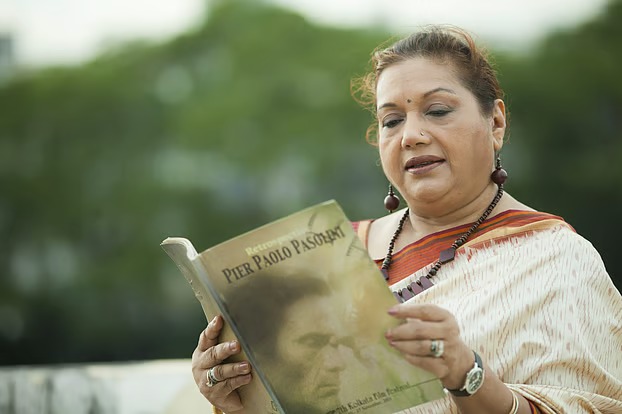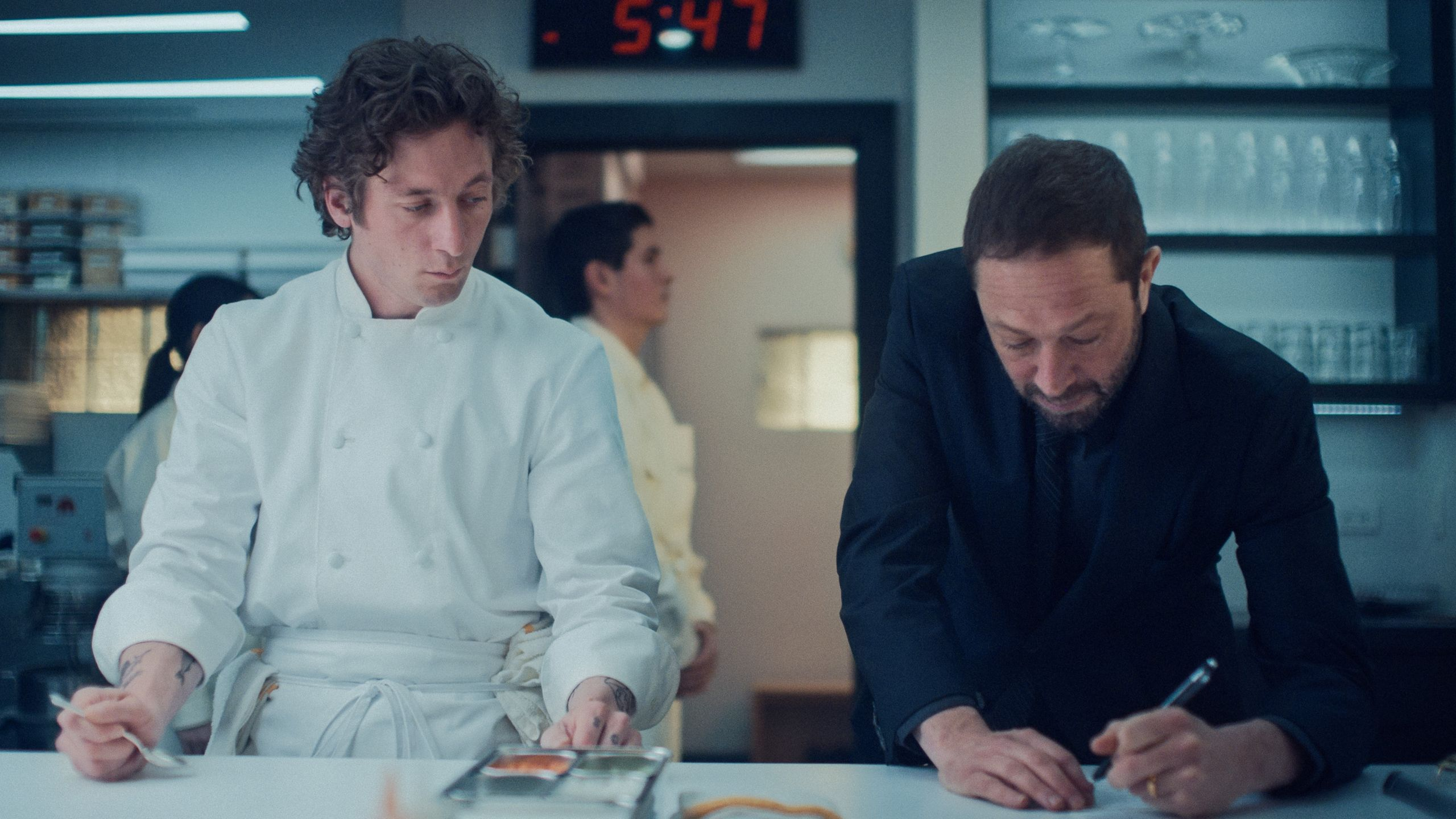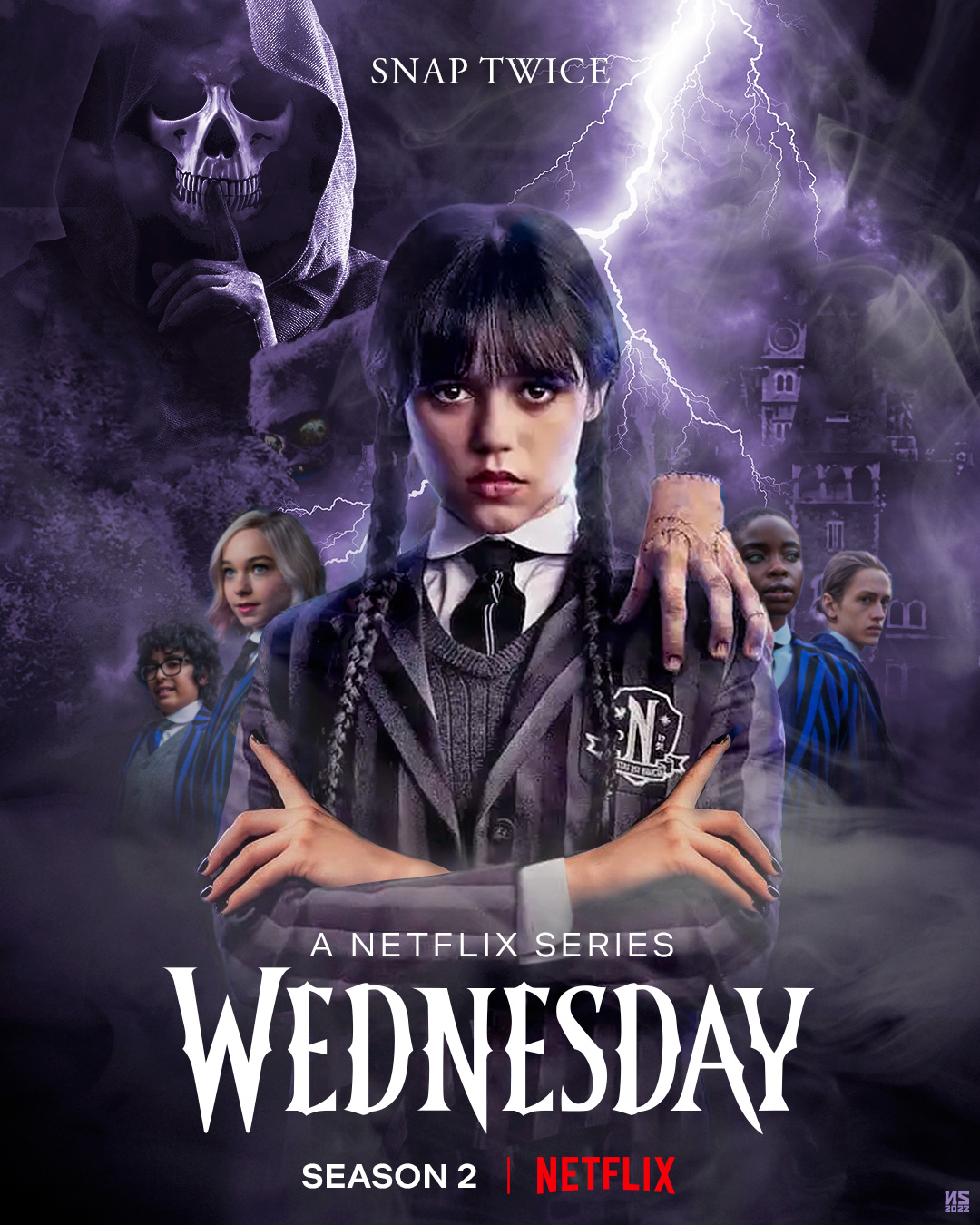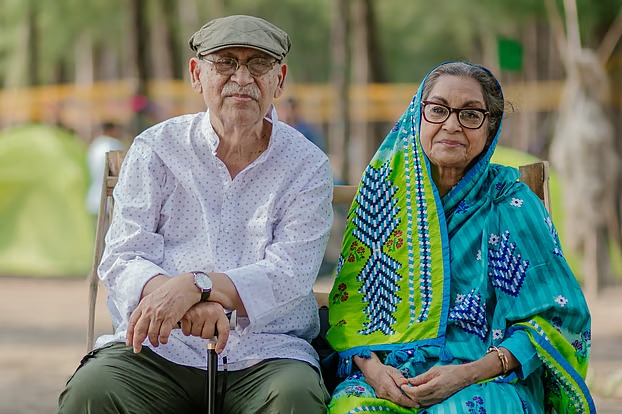Kobori—the name itself evokes a rush of nostalgia for generations of Bangladeshi cinephiles. With her endearing smile, spontaneous charm, and natural performances, she rightfully earned the nickname “Misty Girl.” Born as Meena Pal on 19 July 1950 in Banshkhali, Chattogram, Kobori would go on to become one of the most luminous stars in the history of Bengali cinema.
At just 14 years old, she made her acting debut in Shutorang, directed—and co-starred—by Subhash Dutta. Her first day of shooting took place at Gulshan Park in 1964. That memorable day, Kobori later recalled in her 2017 memoir Smritituku Thak, was both painful and transformative.
She wrote about how the scene required her to sit on a guava tree branch, dressed in a sari, surrounded by jackfruit and mango trees. As the camera zoomed in on her feet, the branch suddenly snapped, and she crashed to the ground—her sari tangled, her knee scraped and bleeding. “It hurt, but I was too afraid to cry,” she wrote. Cameraman QS Zaman and Dutta-da rushed over.
When Subhash Dutta tried to apply crushed grass on her wound, young Kobori resisted and refused to move her sari. In response, Dutta slapped her. “Humiliated and in pain, I burst into tears,” she wrote.
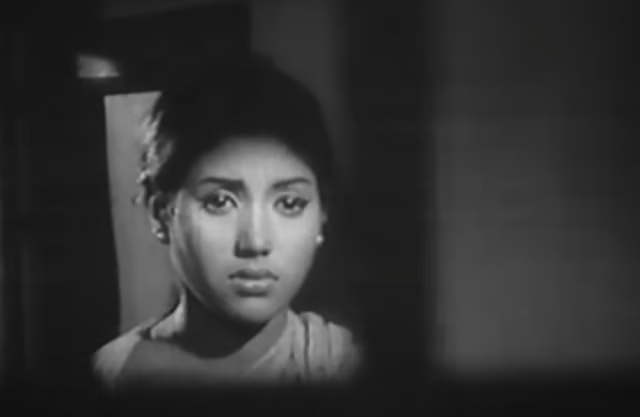
That wasn’t the end of the emotional moment. After the shoot, Dutta approached gently and asked, “Hey, did that hurt a lot?” His voice carried both guilt and concern. Kobori, eyes brimming with tears, nodded and whispered, “Yes, it really did.” Dutta then said, “Oh come on! Crying over this? We actors go through a lot more pain and never complain. If you want to make a name in cinema, you’ll have to endure far worse.”
That one slap, Kobori realised, wasn’t just about the scene—it was the first of many hard truths she would face in the film world. Glamour, she learned, came with blood, sweat, sacrifice, and resilience.
But she didn’t stop there. Kobori went on to act in dozens of acclaimed films such as Sujon Sokhi, Sareng Bou, Hiromon, Debdas, Rongbaaz, Titash Ekti Nadir Naam, Paruler Songsar, and Bodhu Biday. With each role, she etched her place deeper into the cultural fabric of the nation.
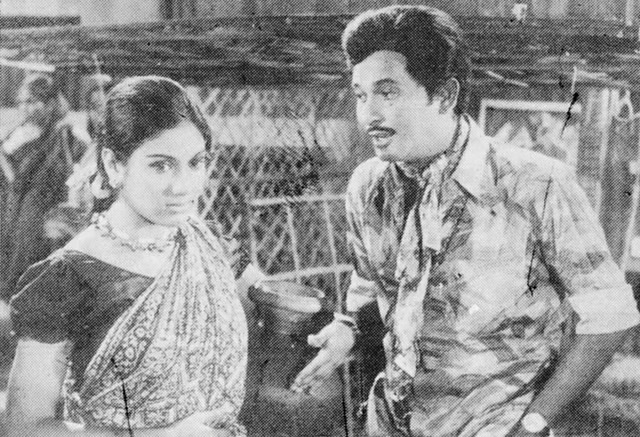
Yet acting was only one part of her identity. Kobori was also a freedom fighter, a parliamentarian, and a writer. Her contributions earned her numerous accolades including the National Film Award, Meril-Prothom Alo Award, and a Lifetime Achievement Award, among others.
She passed away on 17 April 2021, leaving behind a void that no tribute can fill. Had she been alive today, her birthday would’ve been celebrated across the country with televised retrospectives, unpublished stories, and glimpses of that signature smile gracing TV screens.
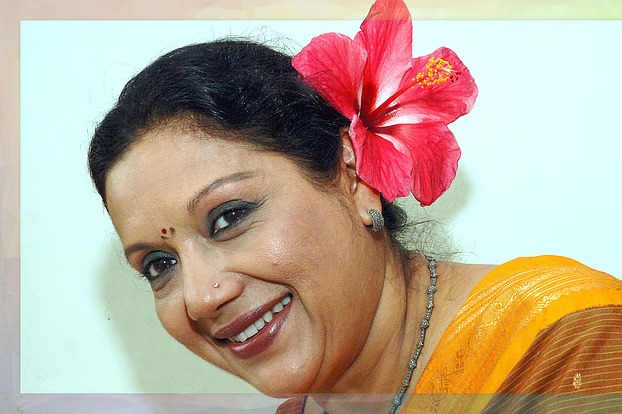
Although she is no longer with us, her legacy lives on. To commemorate the 75th anniversary of her birth, Channel i has organised a three-day film festival from 19 to 21 July. The festival will screen three of her notable films—Masud Rana on the first day, Bodhu Biday on the second, and Binimoy on the final day. Each day will also feature musical tributes from films she starred in under the segment Ebong Cinemar Gaan.
On 20 July at 5:50 PM, a special programme titled Samoyiki, presented by Abdur Rahman, will feature an archival interview with Kobori. The following day, at 12:05 PM, a tribute show called Abhinetri’r Ponchash Bochhor, hosted by actress Moushumi, will reflect on Kobori’s remarkable 50-year acting journey.
Kobori may be gone, but her story continues to unfold—on screen, in pages, and in the hearts of those who loved her.
